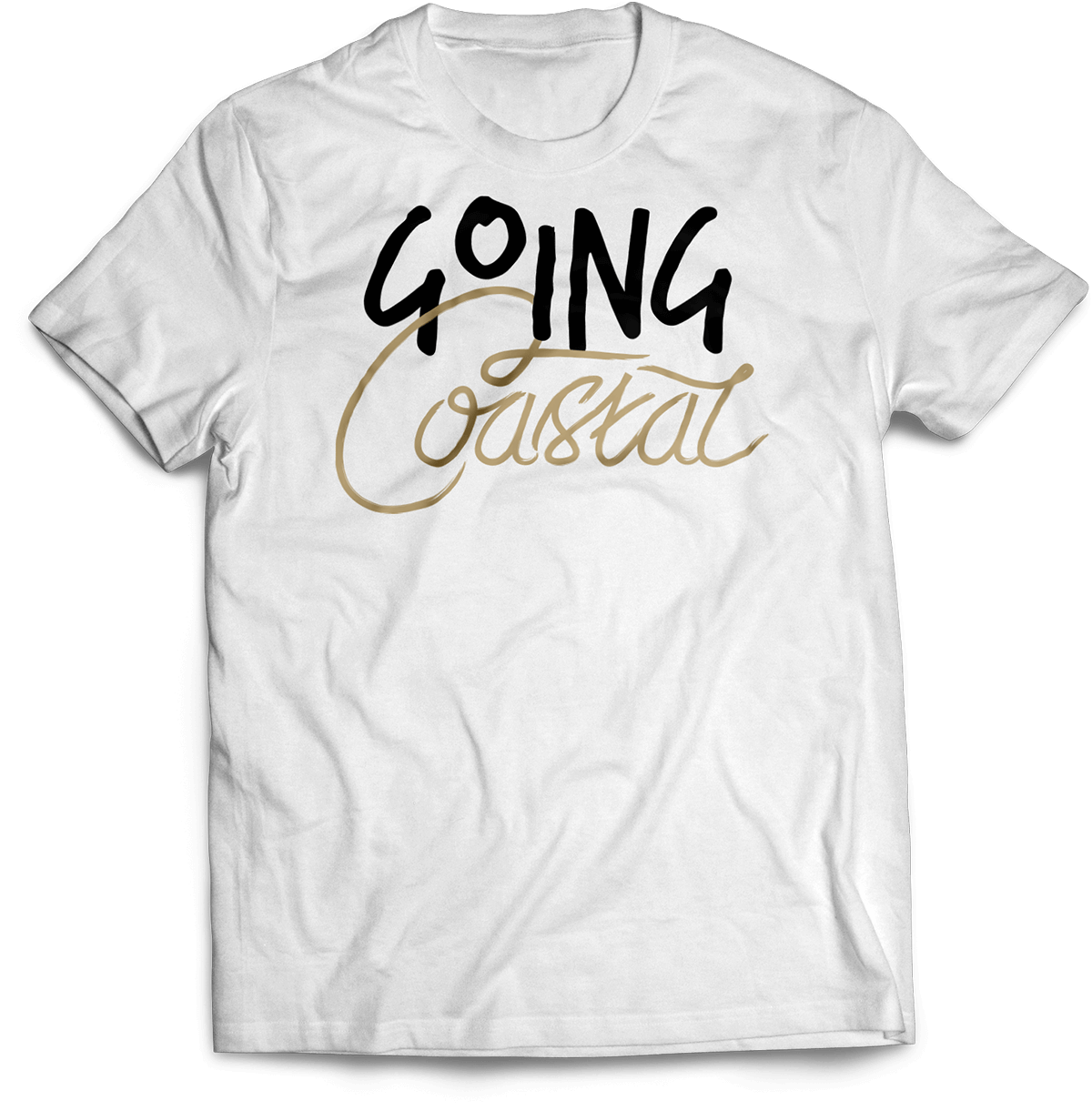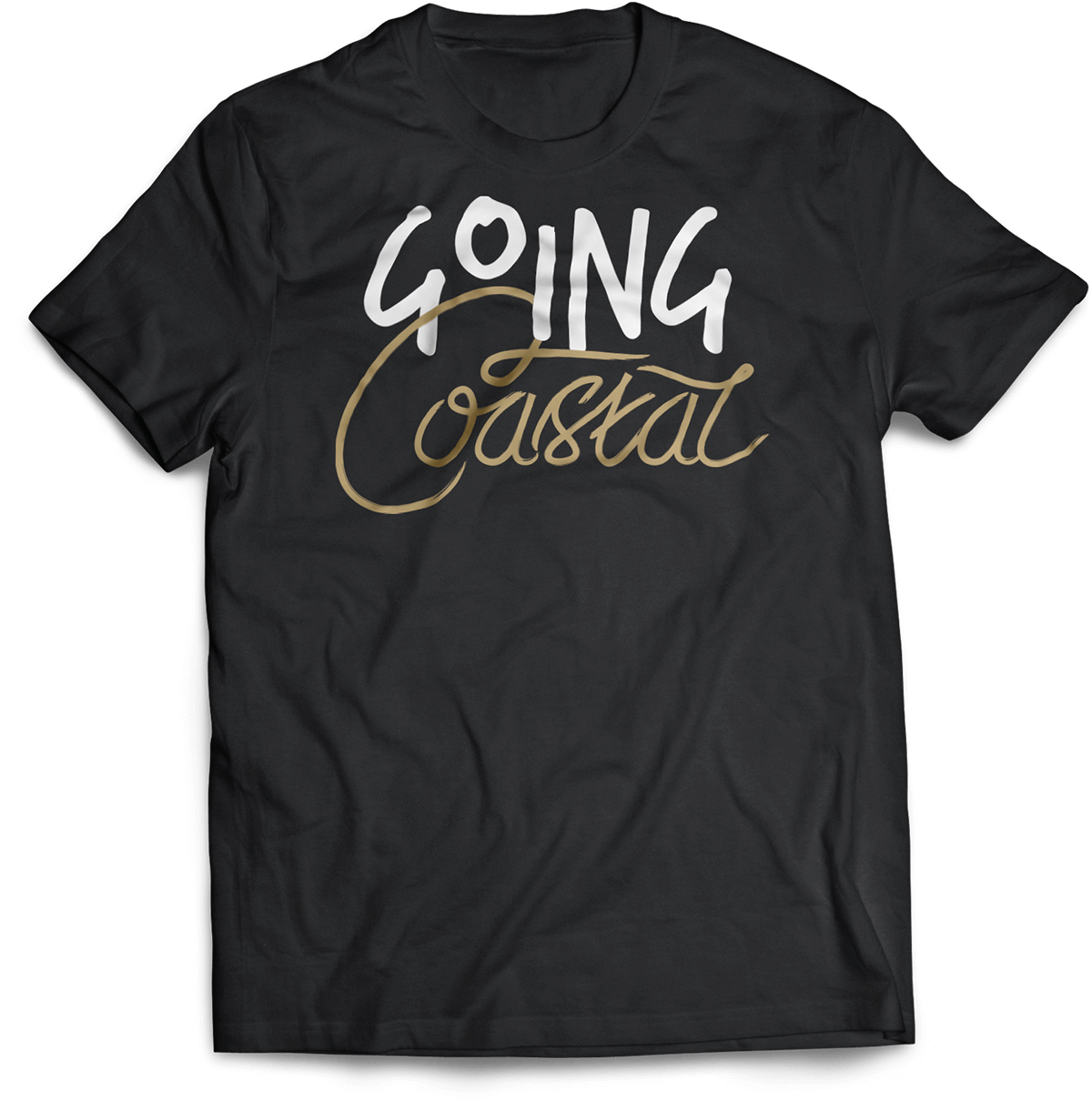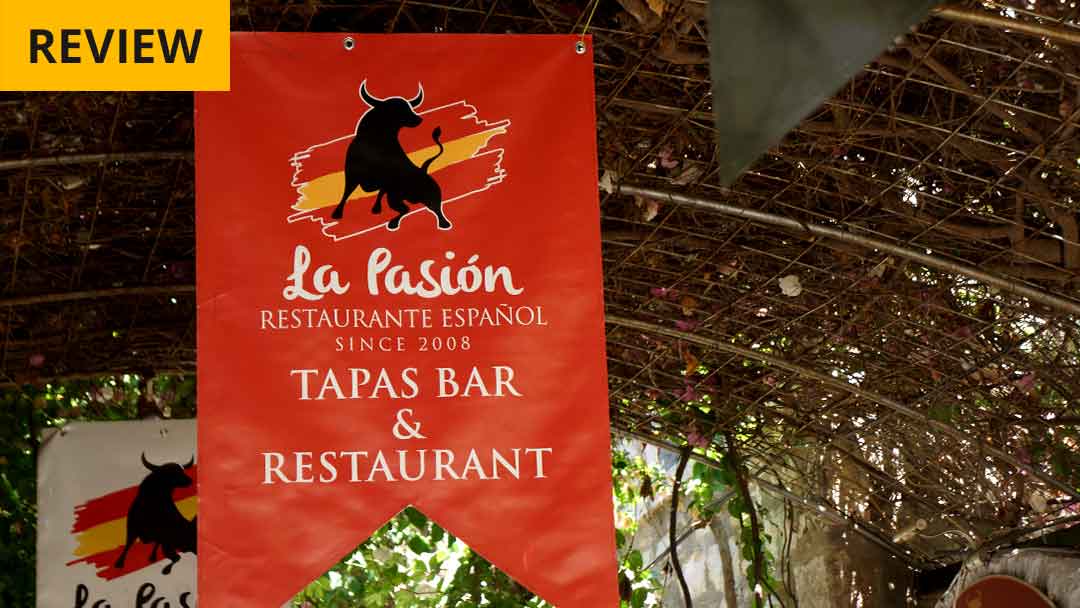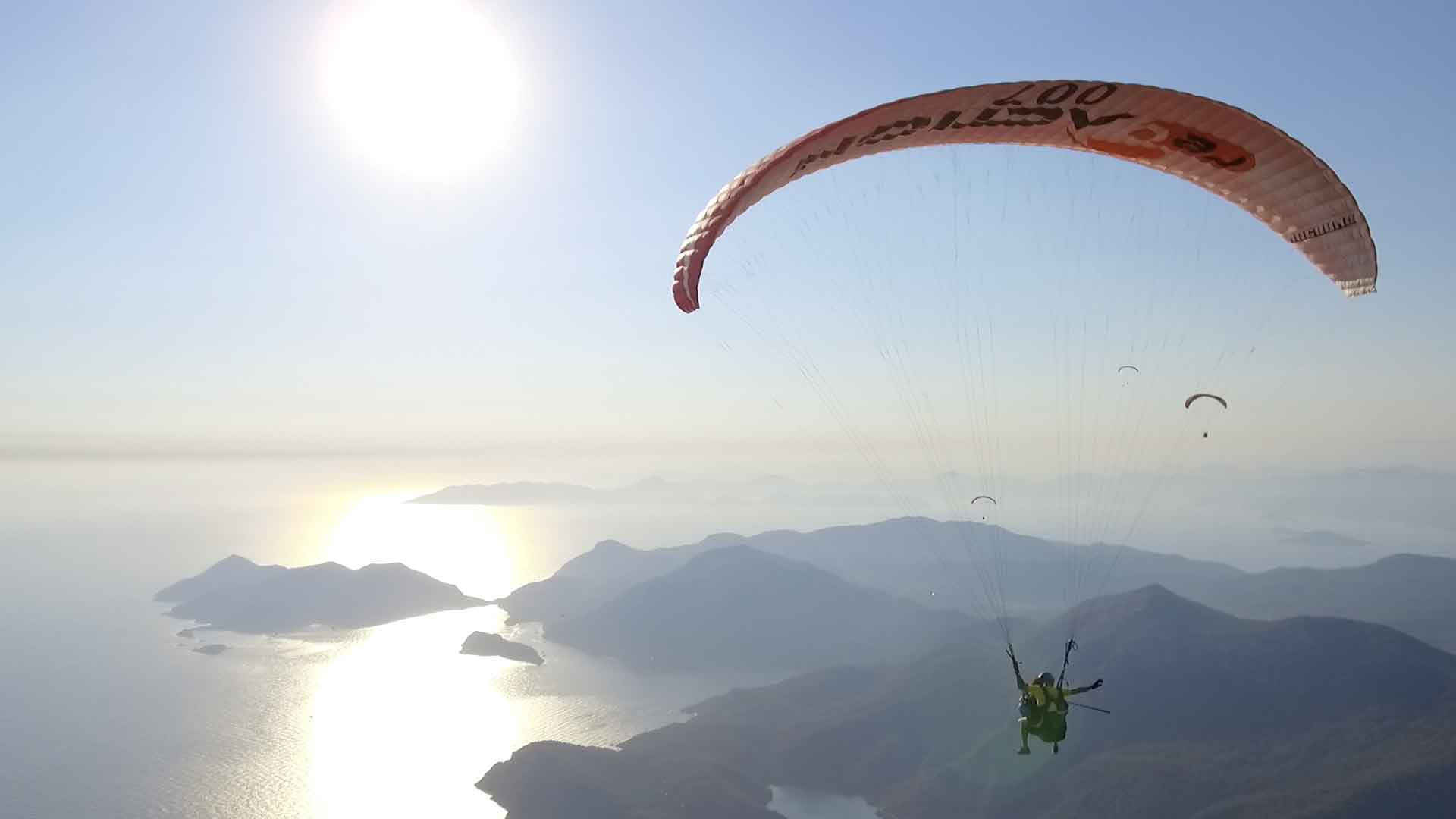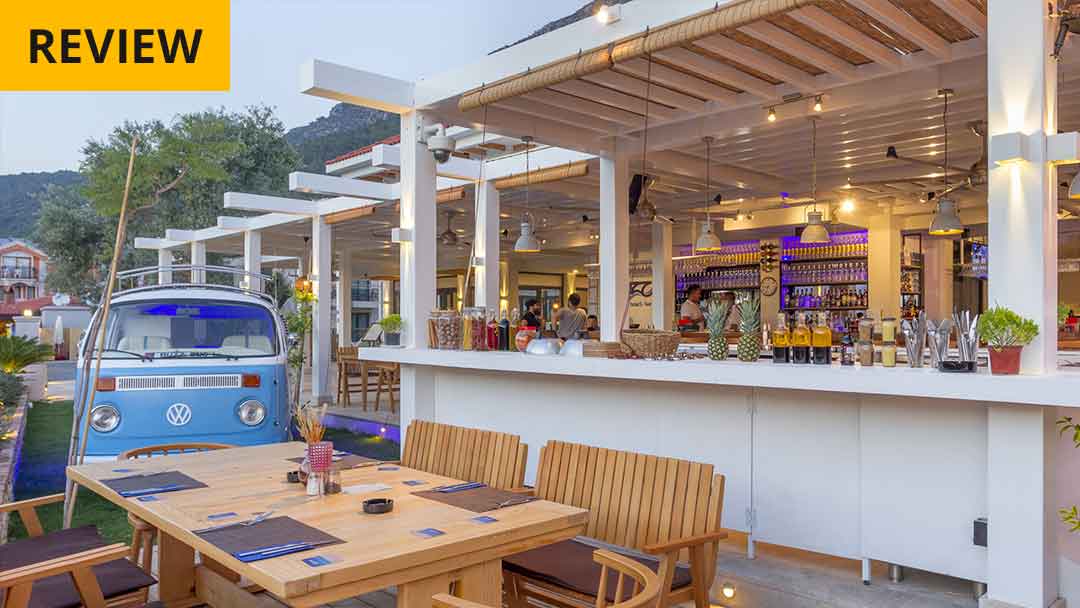Pirates, sharks & stranded on a desert island – our biggest fears transiting from land to sea
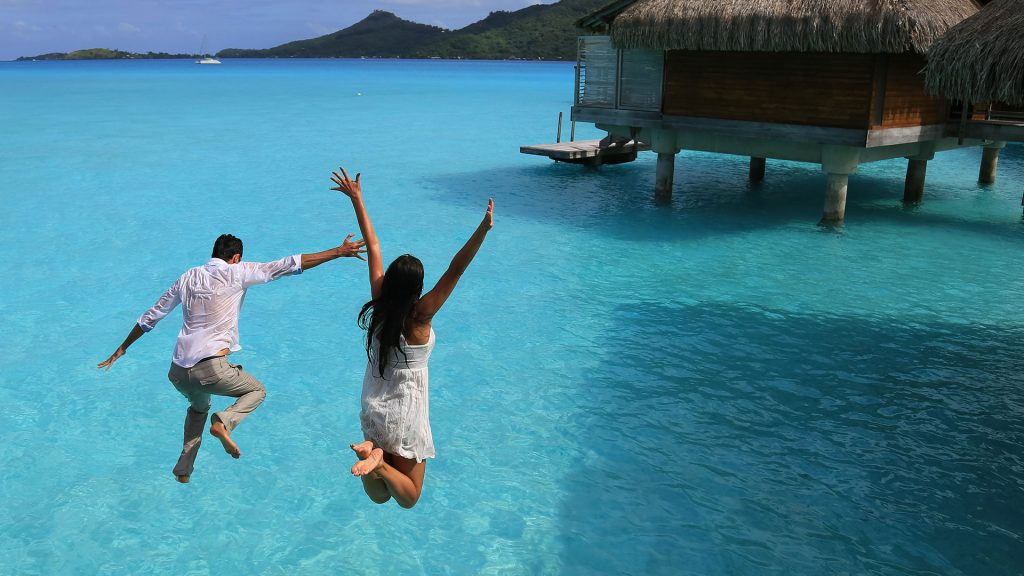
It’s not easy packing up your life for another country, let alone packing up your life for the open ocean – but many do. Find out why we’re working towards a life on the water.
Managing risks
It is a given that as soon as you walk out your front door that something, anything could happen to you. Taking risks is a part of everyday life. So what risks are involved in attempting to circumnavigate the globe? Like what we are doing – Sailing Millie Home.
Many old school sailors will tell you that attempting such a voyage should only be done when you have years of experience under your belt and you have mastered the skill of sailing. But what if you are like us and didn’t grow up with access to a boat or went on regular sailing holidays?
Advancements in technology have taken some of the risks out of sailing, with GPS, satellite phones, and autopilot commonly installed in today’s yachts. Risks can be reduced further by studying and learning the fundamentals of sailing before departing – see our beginners guide to find out more.
But believe me, we still have our fears. There are always going to be moments that you can’t prepare for. The possibility of pirates, sharks and being stranded on a deserted island are real, and although the probability of these happening may be low, they have still kept us up at night.

Pirates
Pirates, for starter, are yes – still a risk to be cautious of. Today, the likelihood of piracy attacks is slim, but they still happen. The most serious cases involve kidnapping and ransoms, although these are not common for your average Joe on a yacht and are more likely to occur on large container ships with millions of dollars worth of cargo (think Captain Phillips). Other piracy incidences seem to be more timid and a desperate reaction to dire living conditions and dismal food supplies. Whatever the reason, vigilance should be maintained and knowing how to deal with a situation if it does arise should be part of your vessel’s best practice.
The International Chamber of Commerce (ICC) has a separate arm that handles commercial crime including piracy attacks against personal yachts, there website has a breakdown of how to avoid and what to do if faced with this type of conflict. It should also be said that ‘environmental pirates’, or campaign activists, whom attack whaling ships and the like are also classified across the reports – skewing some of the figures if you ask me.
ICC Piracy Reporting Center
Email: imbsecurity@icc-ccs.org
Tel: +603 2031 0014

Sharks
Sharks, although the stuff of nightmares for most people, pose a lot less threat than people think. According to the International Shark Attack File, your chances of coming face-to-face with Jaws himself are 1 in 11.5 million! Understanding what climates, environments, and species of sharks you should avoid will help decrease the possibility of running into one. If you’re still worried, here are some quick tips to keeping you safe while swimming in the ocean.
Fish attract predators – Murky water, deep channels, troughs between sand bars and underwater drop-offs are all areas where fish congregate, which attract sharks
Dusk till dawn – Not a reference to Quinton Tarantino, but to the time in between. Sharks are more likely to be actively feeding during these hours
Like to snorkel? – Snorkelling statistically holds the least chance of getting into trouble with our chompy friend
If you do happen to get face-to-face with a shark – Then going for the eyes is the best bet, swinging a punch underwater is near to impossible
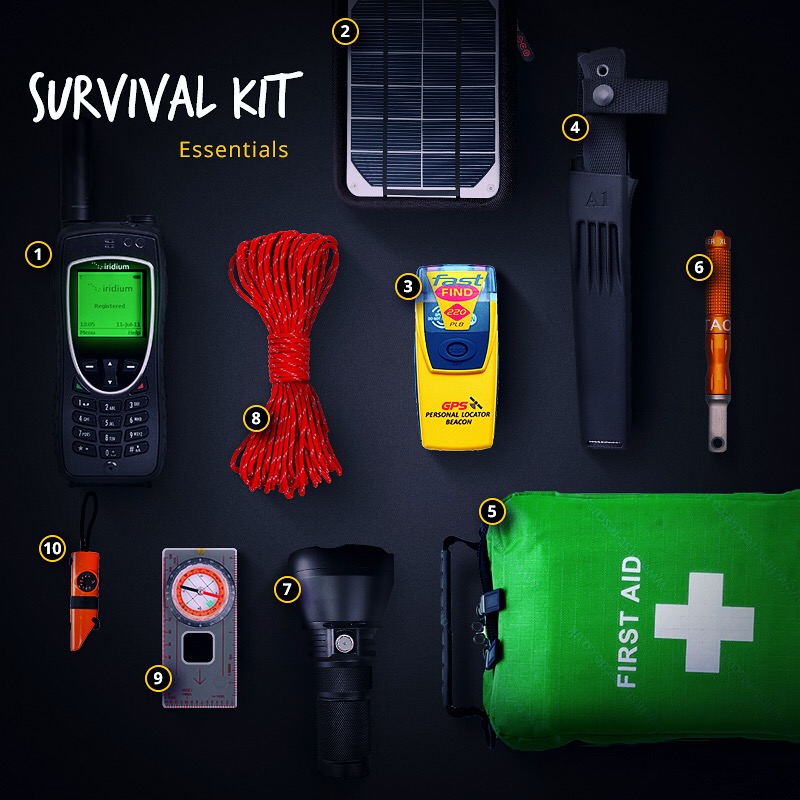
Stranded
Can you imagine how many people have been stranded on a deserted island and not been able to tell their story of what happenned to the world? With real life castaway cases occurring as recent as in August 2016, a couple stranded in the Pacific Ocean, it is scary to consider the worst. What if your vessel runs aground, you abandon ship leave everything on board or you fall asleep ashore and wake to no boat? These are all real nightmares, but exercising precautions and putting in place preventative measures can help stop these becoming a reality.
Creating a survival bag is an important asset for any wilderness seeker. We suggest you create your own, knowing it inside and out will make it all the more useful. We are always adding to ours, so to get you started we’ve given you a helpful list of the most important things it should contain. Lastly, leaving it somewhere assessable is important too as you’ll most likely need to grab it in a rush. Keeping it inside and next to the companionway allows you to grab it as you’re exiting a sailing vessel.
Emergency survival kit:
- Sat phone
Number 1 on the list! Makes sure you check coverage and charges, we’ve got a Iridium Extreme Satellite Phone - Solar charge station
Waterproof and live charge Voltaic Amp Solar Charger - Personal emergency beacon
Second to a sat phone the Mcmurdo Fast Findis a personal GPS emergency beacon, hit it in trouble and it’ll contact the emergency services.
- Knife
Pretty self explanatory but get a good, sturdy, non-rust knife, our fav is the Fallkniven A1 Survival Knife which has a drop point and good length making it ideal for chopping, cutting and even skinning. - First aid kit
A fully stocked medkit should already be on the boat but having another stowed away in an emergency bag is good practice. If you need an off-the-shelf solution try this 90 Piece Premium First Aid Kit Bag - Firestarter
Grab yourself a magnesium Exotac Fire Starter - Flashlight
ThruNite TC10 Rechargeable LED - Rope
7mm Cordage - Compass
Simple map compass - Whistle
Just go for it!
All in all, risks are normal and to us are outweighed by the life gifted to a sailor. A helpful way to look at it is to remember that when it comes to risks, we often overestimate the probability, exaggerate the consequences, and underestimate ourselves. Sometimes just embracing a courageous mindset and taking the first step helps you to overcome those fears.
For us, we have decided that a life filled of uninhabited islands, fascinating cultures, adventurous stories, and the self-achievement of actualising a new life goal, balances out the risks.
